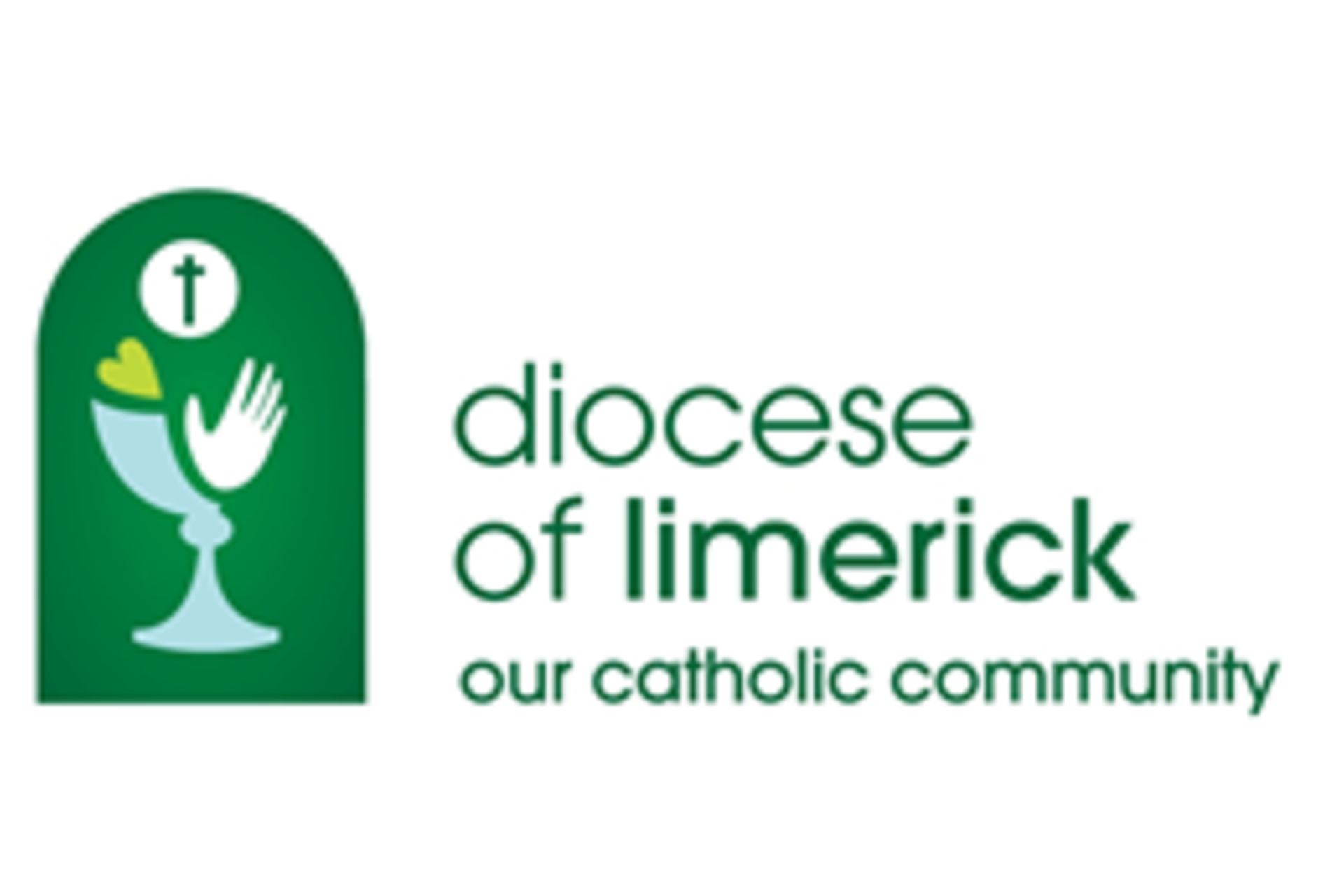- 18
- Aug
- 2024

Year B: Twentieth Sunday in Ordinary Time
Mungret Church
Yesterday, I celebrated Mass with the Syro-Malabar community. There was at least a thousand people present for their annual retreat which lasts three days. It was moving to see their commitment and deep faith, as well as the many young people present. Celebrating the Mass brought home to me again the great gift that the Mass is for us – it unites us with God and with one another in ways deeper than we can ever imagine. Most of those present yesterday had come from India, living and working now in Ireland, but united by the Eucharist. So today I’m delighted to be here in this community, again brought together by the Eucharist.
Today’s Gospel continues in the same line as the Gospel proclaimed in the past few weeks. We are hearing more about the Eucharist. Jesus states clearly that he is “the living bread which has come down from heaven” and that “Anyone who eats this bread will live for ever”. He also explains that “the bread that I shall give is my flesh, for the life of the world.”
When Jesus performed the miracle of the multiplication of the loaves that fed the people, the people were delighted and wanted to make him a King. He had to hide from them. He knew that the real meaning of the miracle was that by going to the Cross, giving his life for us, he would be the bread broken and shared that would nourish people’s deepest needs. So now a day or two later, when he says “the bread that I shall give is my flesh, for the life of the world,” this time the people misunderstand him and start arguing with him. They miss the point.
When Jesus saying he is giving his flesh for the life of the world, Jesus is not talking about chemistry or biology, but wants them to see that he is offering himself out of love for them. He is saying “this is my body given for you”. He is the living and life-giving bread, the food that would make them one with God and with one another. He had come to communicate life, true life, the life that satisfies. It is the life that puts true love within us, the love that reaches out to others.
Someone I know shared with me once how they were struck by a writing they found on the door of a church: ‘You enter here in order to love God (to give him an offering that is pleasing to him), you leave here – the church building – in order to love your neighbour.’
Sometimes people say “what use is it to go to Mass? I can say my own prayers etc.” But the Mass is so much more that private prayer. It brings us into a real contact with Jesus’ death and resurrection, his act of giving himself to and for us, his feeding us with his Body that has been given up for us so that we can have the life of love, true love, eternal life within us. It forms us as a community. It opens our eyes to seeing others as our sisters and brothers.
By nourishing ourselves on the Eucharist, what happens is not like what happens when we eat ordinary food. Normally, when we eat food, the food gets transformed and assimilated into our body. With the food that is the Eucharist, we do not transform the Eucharist into us. We are transformed into Jesus, sharing the way he thinks and acts in life.
A priest friend shared with me recently a man came to his dad’s anniversary mass and as he was leaving – turned to me and said to the priest – “now after coming here I’ll have to try to make up with my sister, they’d been estranged for years”. My priest friend tried to think about what he had said and realised he hadn’t said anything directly about forgiveness. But God touched that man’s heart, and he felt the need to reach out to his sister.
Yes, the Eucharist, the celebration of the Mass, provides us with the bread from heaven that gives us life. It’s a life that grows in us, leading us ultimately into the life that is eternal.